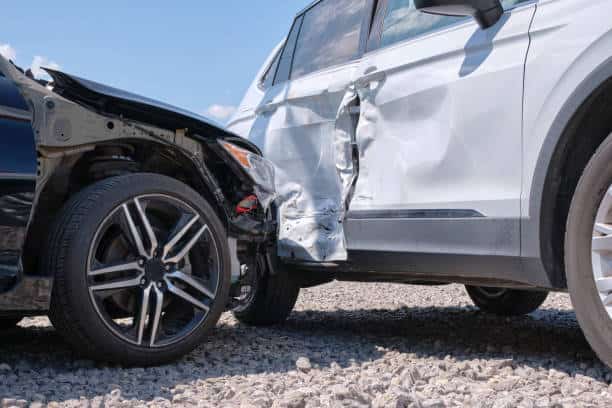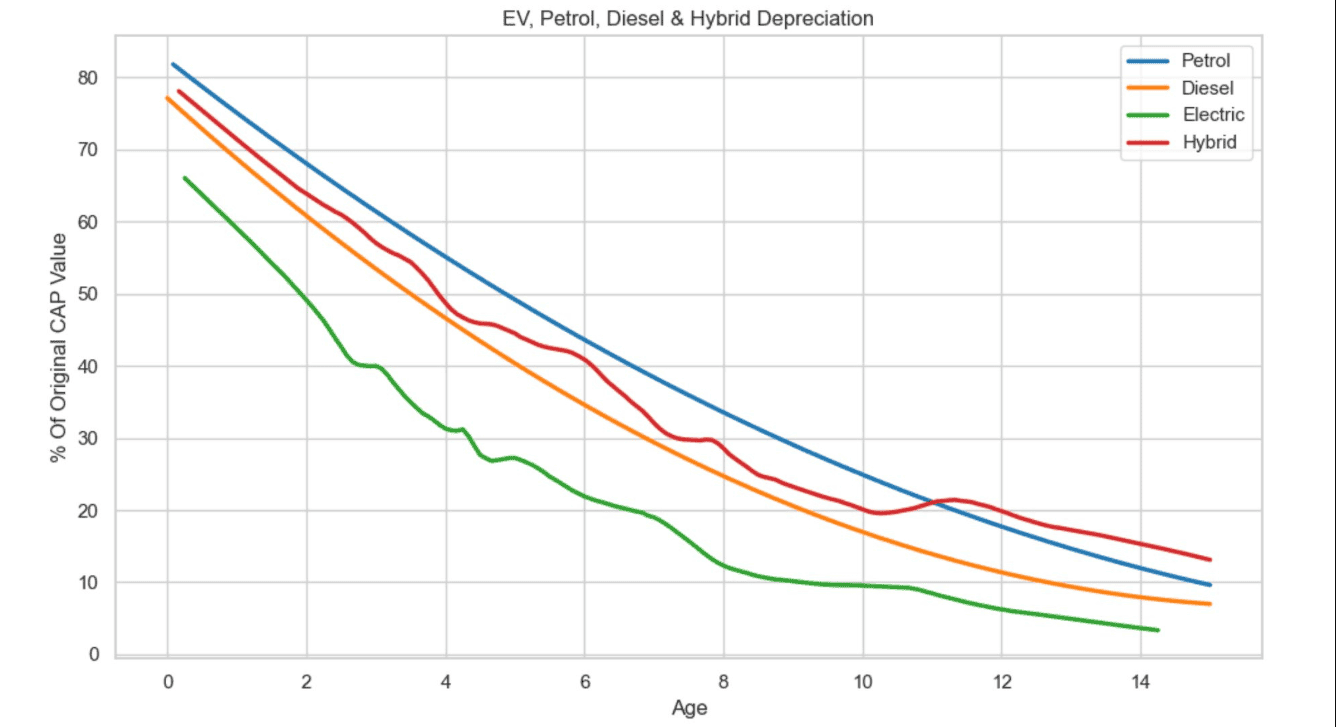Introduction
A car accident can leave you dealing with medical bills, lost wages, and vehicle damage, but do you know your legal rights? Many accident victims settle too soon or miss out on compensation simply because they don’t understand what they’re entitled to.
This article will explain your rights after an accident, how fault impacts your claim, what compensation you may be eligible for, and when to take legal action. By the end, you’ll have a clear understanding of your options and how to protect yourself legally and financially.
Understanding Your Legal Rights After a Car Accident
What Are Your Rights as an Accident Victim?
What Are Your Rights as an Accident Victim?
After a car accident, you have several important rights, including the right to medical treatment, to seek compensation, to file an insurance claim, and to hire legal representation. If another driver caused the accident, their insurance may be responsible for covering your damages, lost wages, and medical expenses.
The Difference Between No-Fault and At-Fault States

Your rights depend on your state’s insurance laws. In no-fault states, your own insurance covers medical expenses regardless of who caused the crash. In at-fault states, the responsible driver’s insurance must pay for damages. Understanding how your state handles fault determines who is liable for covering your losses.
Your Right to Seek Compensation for Damages
If you were not at fault, you have the right to file a claim for compensation, which may cover:
- Medical bills (hospital stays, therapy, rehabilitation)
- Lost wages if the accident kept you from working
- Vehicle repairs or replacement
- Pain and suffering from injuries and emotional distress
Knowing your rights helps prevent insurance companies from undervaluing your claim.
Determining Fault and Liability
How Insurance Companies Determine Fault
Insurance companies investigate accidents using police reports, witness statements, traffic camera footage, and accident scene photos. If liability is unclear, insurers may try to reduce payouts by shifting blame.
Understanding Comparative Negligence & Shared Fault
Some states follow comparative negligence laws, meaning both drivers can share fault. If you are partially at fault, your compensation may be reduced based on your percentage of responsibility. For example, if you are 20% at fault, your claim payout may be reduced by 20%.
Can You Still Get Compensation If You Were Partially at Fault?

Yes, but it depends on your state’s laws. Some states allow compensation even if you were partially responsible, while others bar recovery if you are more than 50% at fault. Never admit fault at the scene—let the evidence determine liability. if you think you were partially responsible. Let the evidence decide.
Compensation Options After a Car Accident
Types of Compensation You May Be Entitled To
Car accident victims may receive economic, non-economic, or punitive damages depending on the severity of their case.
- Economic Damages: Cover financial losses, including medical expenses, lost wages, and vehicle repairs.
- Non-Economic Damages: Compensation for pain and suffering, emotional distress, and loss of enjoyment of life.
- Punitive Damages: Awarded in cases where the at-fault driver acted with reckless negligence, such as DUI accidents or hit-and-runs.
Insurance companies often try to minimize non-economic damages, which is why legal representation can help maximize your claim.
Steps to Take Immediately After a Car Accident
How to Protect Your Rights at the Scene
Immediately after an accident, ensure safety, call 911, and gather evidence. Taking photos of the scene, your injuries, and vehicle damage can be critical in proving fault and supporting your claim.
What Evidence to Collect for Your Claim
- Police reports document official accident details.
- Medical records prove injury-related expenses.
- Witness statements help support your version of events.
Delaying evidence collection can make it harder to prove your claim later.
When and How to File a Police Report
Most states require a police report if injuries or significant property damage occur. Even if the accident seems minor, a police report provides an official record of the crash, which can be crucial for insurance claims.
Seeking Medical Attention – Why It’s Critical for Your Case
Some injuries, such as whiplash or internal trauma, don’t appear immediately. Seeking medical care ensures injuries are documented, which strengthens your claim and prevents insurance companies from arguing your injuries aren’t accident-related.
Dealing with Insurance Companies After an Accident
Should You Talk to the Other Driver’s Insurance?
It’s best to avoid speaking to the other driver’s insurer without legal guidance. Insurance adjusters may try to minimize your claim or use your statements against you. If you must speak with them, stick to facts only and do not speculate about fault.
How to Avoid Insurance Adjuster Tactics That Undermine Your Claim
Insurance companies often:
- Offer lowball settlements in hopes you’ll accept quickly.
- Delay claims to pressure you into settling for less.
- Request recorded statements to find inconsistencies in your story.
Understanding these tactics can help you negotiate a fair settlement.
When to Accept or Reject an Insurance Settlement Offer
If an offer covers all your medical bills, lost wages, and property damage, it may be reasonable to accept. However, if it undervalues pain and suffering, you may need to negotiate or seek legal representation.
When to Consider Legal Action After a Car Accident
When Should You Hire a Car Accident Lawyer?
Consider hiring an attorney if:
- The insurance company is denying or delaying your claim.
- You suffered serious injuries requiring long-term treatment.
- The settlement offer does not fully cover your damages.
How Long Do You Have to File a Lawsuit? (Statute of Limitations)
Every state has a deadline for filing a lawsuit, typically two to three years from the accident date. If you miss this window, you lose your right to sue for compensation.
Final Thoughts: Protecting Your Rights After a Car Accident
Key Takeaways for Maximizing Your Compensation
- Document everything—police reports, medical records, and evidence from the scene.
- Don’t settle too soon—insurance companies often start with low offers.
- Know your state laws—fault rules and statutes of limitations affect your case.
Common Mistakes That Hurt Car Accident Claims
- Failing to seek immediate medical attention.
- Admitting fault at the scene or to insurance adjusters.
- Accepting a low settlement without negotiation.
How to Find the Right Lawyer for Your Case

If you’re struggling with insurance claims or need legal guidance, hiring an experienced car accident lawyer can help you navigate the process and fight for the compensation you deserve. Look for a lawyer with a strong track record in personal injury claims and positive client reviews.





